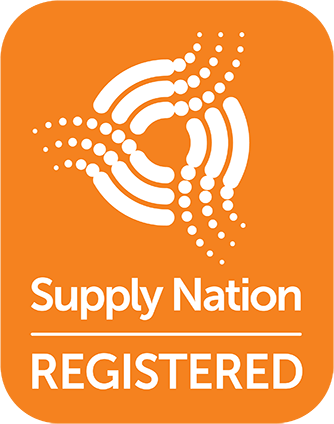Aboriginal Consultation & Advisory:
The Standards for RTOs 2025 (2.6)
If it's about us, include us
From 1 July 2025, the revised Standards for RTOs place increased emphasis on the wellbeing of learners, introducing Standard 2.6, which requires providers to identify, respond to, and support learner wellbeing throughout the student journey. This shift recognises that learner wellbeing; emotional, cultural, physical, and psychological is foundational to successful engagement, retention, and learning outcomes. RTOs must now demonstrate how they are creating safe, inclusive learning environments and responding effectively when learners face challenges that may affect their ability to succeed.
At Altitude Strategies, we work with RTOs to ensure they are not only compliant with the updated requirements but are also building genuinely safe, inclusive, and supportive environments for their learners.
Find out more below:
